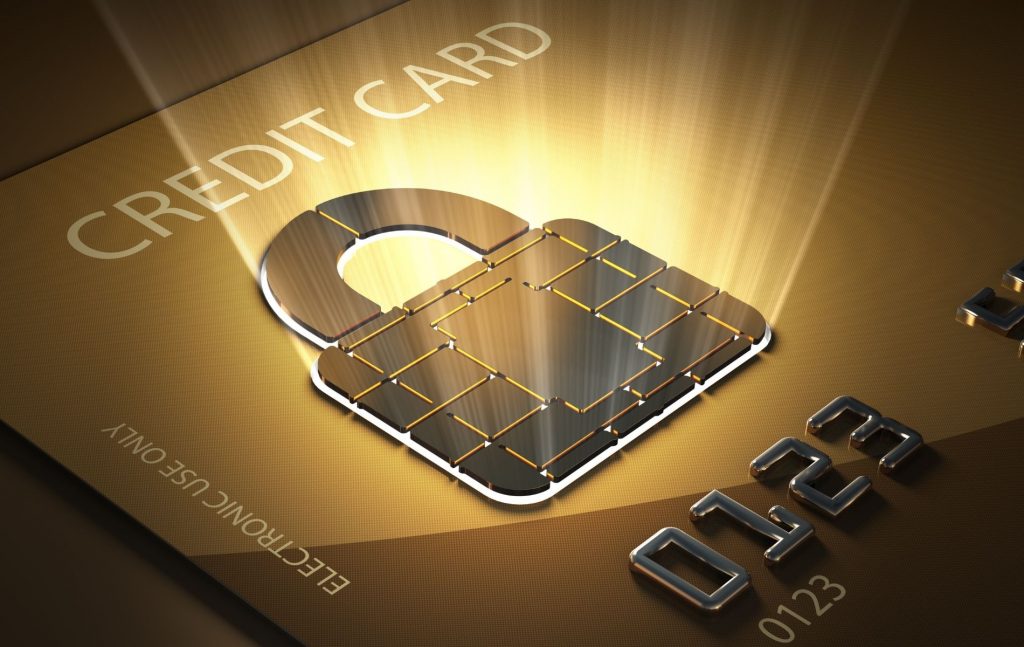Hunting for a New Credit Card? Here Are 10 Things You Should Definitely Know
Credit cards provide a plethora of features and perks, which is why they are such a popular phenomenon. If you plan to apply for a credit card anytime soon, here are ten things you should know. These tips will help you understand how credit cards function and what to expect from them. Credit card annual fees All credit cards supplied by banks (or a significant portion of them) have an annual charge. The annual cost varies widely between cards, even among those issued by the same bank. Premier cards, which provide more perks than standard cards, typically have a higher annual charge. While the primary card almost certainly has an annual fee, supplemental cards almost always do as well. The yearly charge on the supplementary card is sometimes waived for the first year or two to keep the card competitive and in demand. Certain banks also waive the yearly fee on the principal card for the first year, two years, or longer. Annual interest rate All credit card transactions are subject to an interest rate known as the annual percentage rate of interest (APR). The interest rate is determined by the bank that issues the card and the type of card. In Singapore, the interest rate on most credit cards ranges between 23% and 30% per annum. Banks provide an interest-free period of approximately 21 days after the release of the statement (again, this varies by bank and card type) and do not charge interest if the amount is repaid in full within this interest-free. If the sum is not paid before the end of the interest-free term, interest charges will apply. Cash advance fees Customers using credit cards can withdraw emergency cash from ATMs. These cash advances come with a handling fee of roughly 5%-6% of the withdrawn amount, as well as interest rates ranging between 23% and 28% p.a. Interest on cash advances is calculated daily at a compounding rate until the entire amount is repaid. Cash advances are typically a risky phenomenon, owing to the high-interest rates. So, if you withdraw money with your credit card, it is best to reimburse the full amount as soon as possible. Minimum monthly instalments As a credit card client, you are expected to pay a minimum amount of 3% of the total monthly outstanding balance each month – or the entire amount if possible. If late payment penalties are to be avoided, minimum payments must be made by the payment due date. If applicable, the minimum payment on your credit card monthly statement may also contain pending minimum payments from previous months, late payment costs, cash advance charges, and over-limit fees. Late payment penalties If the minimum amount is not paid by the payment due date, banks assess a cost known as the late payment fee. The late payment cost for credit cards in Singapore can range between S$40 and S$80, depending on the bank that issues the card. Overage charges Over-limit fees remain in effect and are levied by the bank if the assigned credit limit is exceeded. Overlimit fees for credit cards in Singapore can range between S$40 and S$60. Cashbacks and bonus points Credit cards are an intriguing phenomenon because of the reward points/cashback that may be earned on transactions. Different cards have different structures and allow you to earn cashback, reward points, or both on your transactions. Some cards allow you to earn reward points on groceries, while others allow you to earn cashback or reward points on airline ticket purchases, retail transactions, and so on. Cashbacks and reward points are characteristics that are exclusive to certain credit cards, and the amount of the advantages vary depending on the type of card and the bank that provides the card. Purchase rewards points can be redeemed for interesting vouchers, discounts, and appealing shopping/retail purchase/online bargains from the card’s rewards catalogue. Transfers of funds Certain credit cards allow you to consolidate your debt by transferring your full credit card amount to that specific credit card account. Balance transfer credit cards have an interest-free term ranging from 6 months to 1 year, depending on the card you apply for. Banks charge a processing fee and may also charge interest on balance transfer cards (unlikely in a majority of cases). After the interest-free period (6 months – 1 year depending on the card), normal interest rates for transactions and cash advances apply. Singapore’s air mileage programmes Certain credit cards (mainly premium credit cards) offered by various Singapore banks allow you to earn air miles by converting reward points earned on card purchases. Due to the premium nature of air miles cards, they typically have a higher annual cost. You can earn enough air mile points as a customer of a premium credit card to totally offset your next vacation! Credit ratings In a nutshell, your credit score is a prediction of how effectively you’ve handled debt in the past. It considers your payment habits and records instances of late payments, credit over limits, loan defaults, history of regular/timely payments, and so on, and provides banks with an estimate of how good you will be at handling debt in the future. A strong credit score is essential for getting loan and credit card applications accepted. If you are thinking about applying for a credit card, the information presented above will be useful. These elements will provide you with a thorough overview of how credit cards work in Singapore, giving you a clearer concept of what to expect. These will also work if you are unhappy with your present card and want to move to another credit card.









